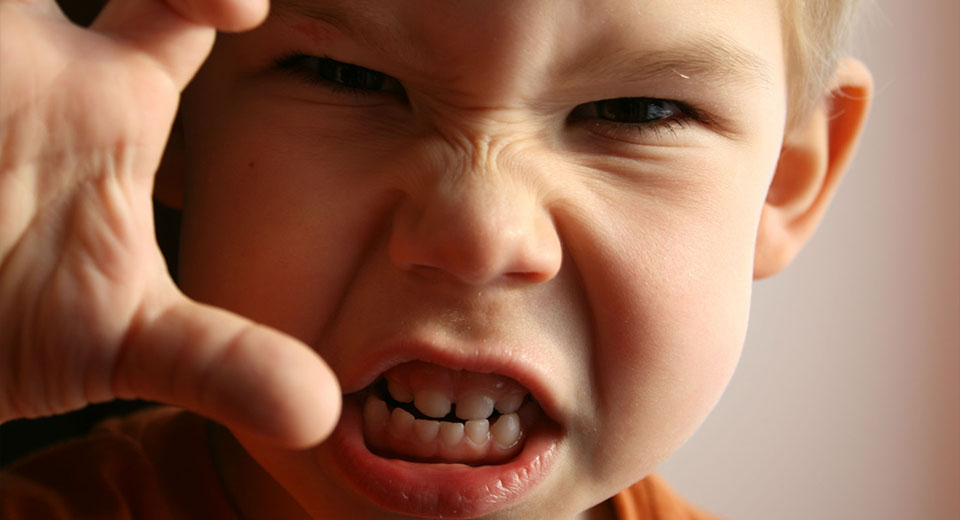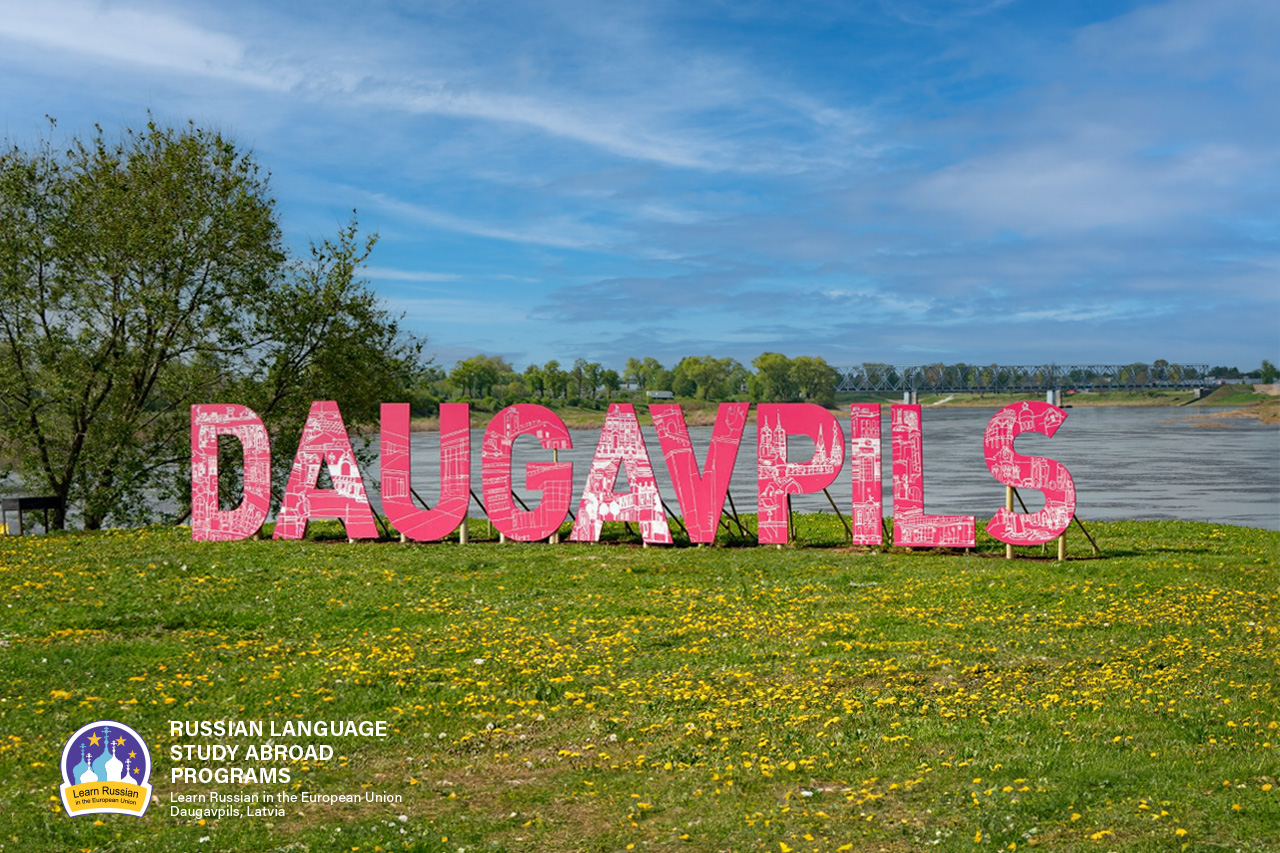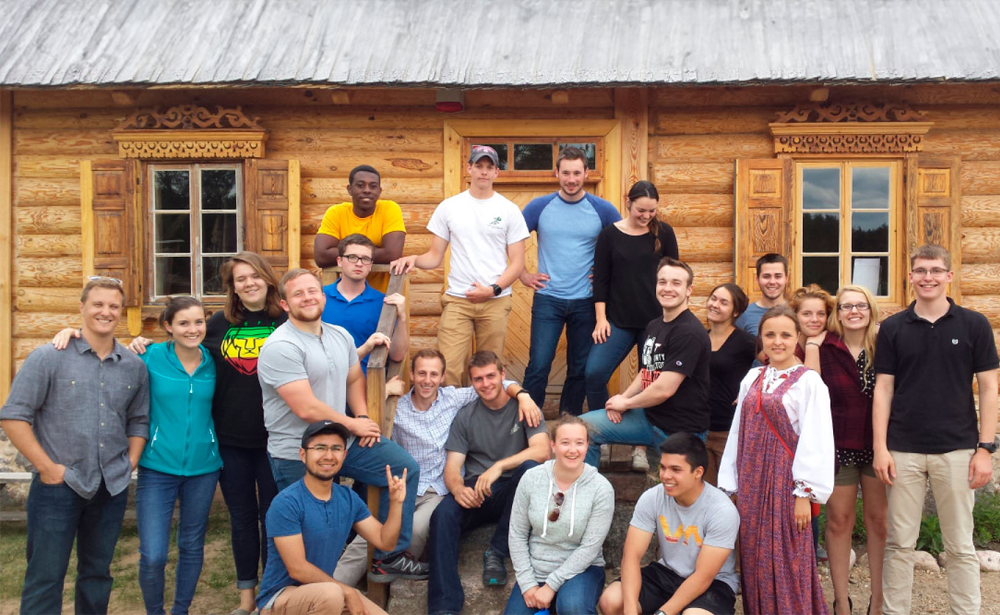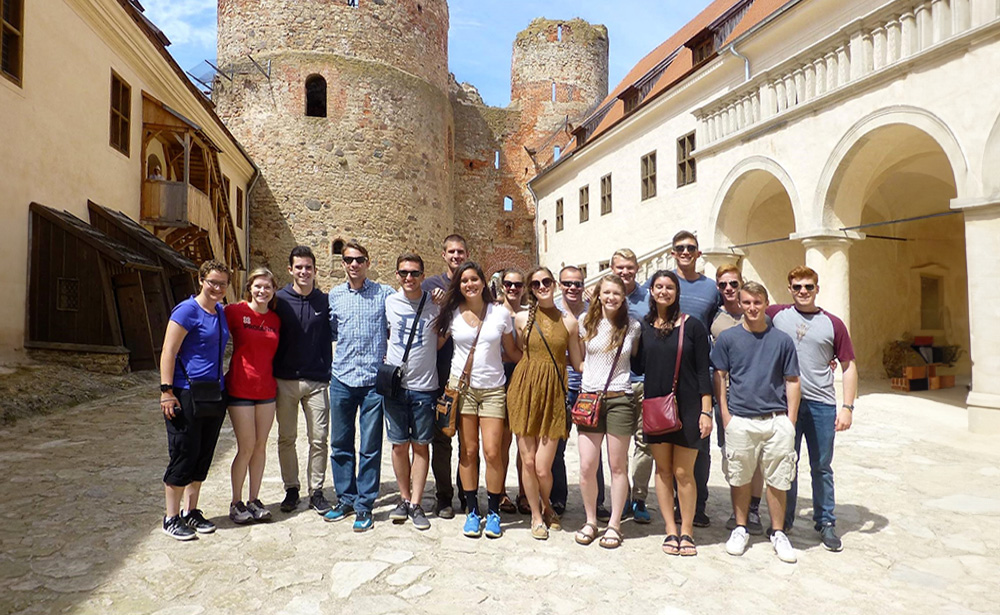How to Express Emotions in Russian?

Every day we express a large number of different emotions even without thinking about it. We react at various things and situations. Since emotions are one of the integral parts of our everyday life, in this article we decided to tell you about how to express emotions in Russian.
Expressing happiness
- Весёлый – [vee-SYO-liy] – merry, lively, jolly
Веселиться – [vye-see-LEE-tsa] – to be merry
For example:
Она очень весёлый ребенок – [Ona ochen vesYolyiy rebenok] – She is a very lively child.
- Обрадованный – [ab-RA-da-va-niy] – glad, joyous
Обрадоваться – [ab-RA-da-va-tsa] – to become glad, happy about something
For example:
По-моему, я рано обрадовался.
[Po-moemu, ya rano obradovalsya] – I think I got happy too soon.

- Радостный – [RA-das-niy] – joyous, glad
Радоваться – [RA-da-va-tsa] – to be joyous, happy
Прыгать от радости – [PRI-gat’ at RA-das-tee] – jump for joy
For example:
Чего ты так радуешься?
[Chego tyi tak radueshsya?] – Why are you so happy?
Он прыгал от радости, когда получил подарок.
[On pryigal ot radosti, kogda poluchil podarok] – He was jumping for joy, when he received a gift.
Expressing sad emotions
- Грустный – [GROOS-niy] – sad
Грустить – [groos-TEET’] – to be sad
For example:
Не грусти. Всё будет хорошо.
[Ne grusti. VsYo budet horosho] – Don’t be sad. Everything is going to be fine.

- Разочарованный – [ra-za-cha-RO-va-niy] – disappointed
Разочароваться – [ra-za-cha-ra-VA-tsa] – to get disappointed
For example:
Ивар проиграл эту игру, но совсем не разочаровался.
[Ivar proigral etu igru, no sovsem ne razocharovalsya] – Ivar has lost this game, but he wasn’t disappointed.
Expressing anger and dissatisfaction
- Злой – [ZLOY] – angry
Злиться – [ZLEE-tsa] – to get angry
For example:
Чего ты злишься? Не злись.
[Chego tyi zlishsya? Ne zlis] – Why are you angry? Don’t be angry.
- Яростный – [YA-ras-niy] – furious
Выходить из себя – [vi-ha-DEET’ ees see-BYA] – to get very angry, to get furious
Он очень спокойный человек, но иногда выходит из себя.
[On ochen spokoynyiy chelovek, no inogda vyihodit iz sebya] – He is a very calm person, but sometimes he gets furious.

- Возмущённый – [vaz-moo-SHCHO-niy] – indignant, resentful
Возмущаться – [vaz-moo-SHCHA-tsa] – to be indignant, resentful
For example:
Наш начальник не любит возмущаться.
[Nash nachalnik ne lyubit vozmuschatsya] – Our boss doesn’t like to be resentful.
- Обиженный – [a-BEE-zhye-niy] – resentful, offended, hurt
Обижаться – [a-bee-ZHA-tsa] – to become resentful, offended, hurt
For example:
Он обиделся, что я не купил ему подарок.
[On obidelsya, chto ya ne kupil emu podarok] – He was upset that I didn’t buy him a gift.
Expressing shock and anxiety
- Быть шокированым – [BIT’ sha-KEE-ra-va-nim] – to be shocked
Быть в шоке – [BIT’ f SHO-kye] – to be in shock
Они купили такую дорогую машину! Я в шоке.
[Oni kupili takuyu doroguyu mashinu! Ya v shoke] – They bought such expensive car! I’m in shock.
- Испуганный – [ees-POO-ga-niy] – scared
Испугаться – [ees-poo-GA-tsa] – to be scared
For example:
Он отпрыгнул от испуга, когда увидел змею.
[On otpryignul ot ispuga, kogda uvidel zmeyu] – He jumped from fear, when he saw a snake.

- Удивлённый – [oo-deev-LYO-niy] – surprised, astonished
Удивляться – [oo-deev-LYA-tsa] – to be surprised, to be astonished
For example:
Мой брат очень удивился, когда увидел медведя.
[Moy brat ochen udivilsya, kogda uvidel medvedya]- My brother was very surprised when he saw a bear.
- Волнующийся – [val-NOO-yoo-sheey-sya] – anxious
Волноваться – [val-na-VA-tsa] – to be anxious
For example:
Не волнуйся, у тебя всё получится.
[Ne volnuysya, u tebya vsYo poluchitsya] – Don’t worry everything will work out.
So, we have looked at some emotions and how to express them in Russian. We hope you’ll like the information in this article.

You may be interested

Why do people speak Russian in Daugavpils?
As it seems to us, Daugavpils is the best place to learn Russian now, because our city is situated in the EU and NATO, but at the same time 90% of the city’s population speak Russian at home.

ЭТЮД О ДВИНСКЕ
Etude on Dvinsk by F.Fedorov
The Baltic region is one of the most catastrophe prone regions of the 2nd millennium, especially its second part; it is the centre of attraction of ‘geopolitical’ interests of the European world. Probably the most tragic fate has befallen to the eastern part of the present Latvia and its multi-titled town of Dinaburg – Dvinsk – Daugavpils. During its 730 years long history, the town went through five rather autonomous periods of development, five different lives (German, Polish, Russian, Latvian, Soviet), and at the beginning of the 1990s it entered into the 6th period.
The history of Dinaburg – Dvinsk – Daugavpils is the history of five attempts by the town to begin its life anew; and this is determined not only by the fact that the town was four times burned down and had to start life from scratch, but first and foremost because each of these periods was characterized by a total change of ethnos and the socio-cultural field.
The present article deals with the cultural space of the town in one of the most efficient periods of its development – from the 1860s till World War I.








